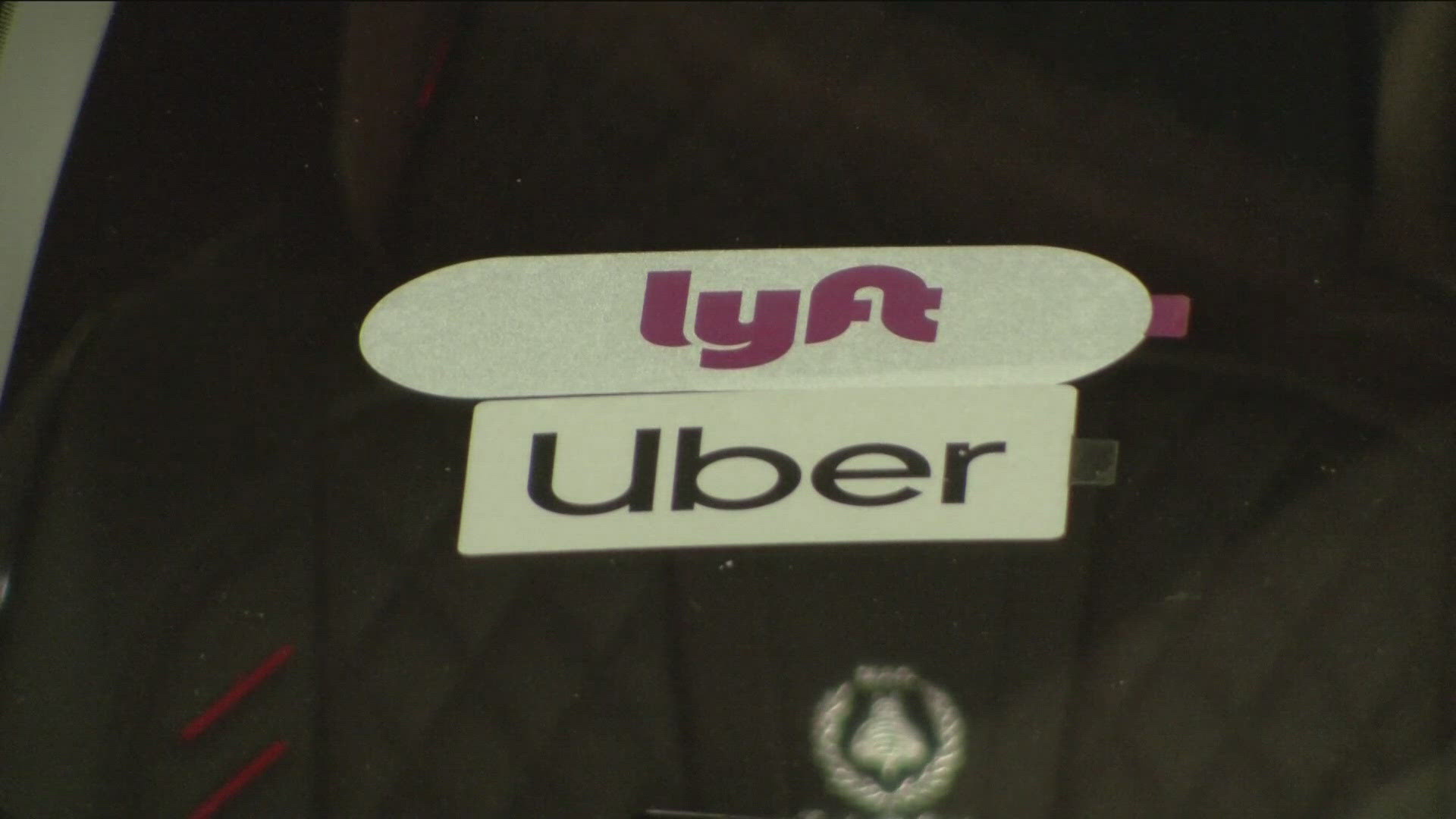MINNEAPOLIS — The Minneapolis City Council Thursday took down the local ride share driver pay ordinance which was set to go into July 1, in response to a new statewide standard state lawmakers passed on the final day of the 2024 session.
In a unanimous vote, the council formally returned the ride share ordinances to the authors, in essence rescinding the pay rates and other conditions they had set in a series of votes earlier this year. In a way it was a mere formality, because the state's new rideshare law preempts local units of government from setting their own minimum pay rates for drivers.
The vote brought an end to a chapter in Minneapolis history when residents faced the prospect of losing Uber and Lyft services, because those transportation network companies threatened to leave the city if the new citywide rules took hold as scheduled.
"I have gratitude to the drivers who have been pushing and pushing and showing up here day-in and day-out, and I’m just proud they’ll be getting a 20% increase," Ward 12 Council Member Aurin Chowdhury told her colleagues.
"They’re not going to have to go another year without that increase, and I’m excited to see the ripple effect this will have."
The city council began crafting a local ride share pay ordinance in 2023, but stepped back after the Minnesota Legislature passed a bill setting rates statewide. But Gov. Tim Walz vetoed that bill, convinced the ride share companies would make good on a threat to leave the state.
That prompted the council to go through with passing a city ordinance in 2024. Council members initially set March 1 as the effective date, but they pushed that to July 1 after a new effort was launched in the legislature to pass a statewide plan.
The legislature's plan, negotiated with the city and ride share companies, set minimum driver pay at $1.28 per mile plus 31 cents per minute while riding with a passenger. The rate was scaled up to reflect the time drivers spend in route to pick up a customer.
That compares with the Minneapolis ordinance with set those rates a $1.41 per mile plus 51 cents per minute. Mayor Jacob Frey vetoed that ordinance, but the council overrode his veto.
"Because of you all holding strong and not succumbing to corporate pressure, or bullying, drivers won the statewide victory," Ward 2 Council Member Robin Wonsley, one of the original authors of the Transportation Ride Share Workers Protection Ordinance, told her colleagues.
"This victory was only made possible because drivers and their socialist and progressive allies on the Council and the State were not deterred by corporate lobbyists and repeated vetoes both by Governor Walz and Mayor Frey."
Ward 13 Council Member Linea Palmisano used the vote to scold the council majority for creating fear among constituents throughout the first half of 2024. She said the final rates set by the legislature were nearly identical to what Mayor Frey originally offered as an alternative to the council's plan.
"Despite warnings from drivers, riders and TNC companies, my colleagues proceeded hastily and recklessly, I think, to pass these rates we have in front of us today," Palmisano remarked.
"For many of these people, the absence of Uber and Lyft was not simply the absence of a convenient ride home after a night out. It was the absence of a sole source of income or the ride they relied on to get to work, medical care, the grocery store, school."
Ward 5 Council Member Jeremiah Ellison asserted the state would've never passed a statewide bill without the pressure caused by the pending ordinance and the ride share companies preparing to depart this market.
"When the pressure was off, the State did not act," Ellison told colleagues.
"That’s not a knock at the State. There’s a lot of players there, I know it’s a complex issue, but when the pressure was off, the State did not act."
Palmisano said the time lawmakers spent negotiating the statewide rules deprived them of the opportunity to pass other bills essential to the city, including the public works construction bonding bill. The Minnesota Senate came to a standstill for hours on Saturday while the Senate author of the bill, Sen. Omar Fateh, was tied up in ride share talks.
Wonsley pushed back against that notion, asserting the legislature had months to pass a bonding bill and waited until the final days to try to pass it. The bonding bill was still bogged down in negotiations between Democrats and Republicans when session ended.

